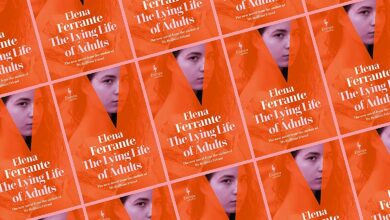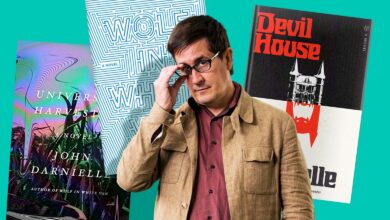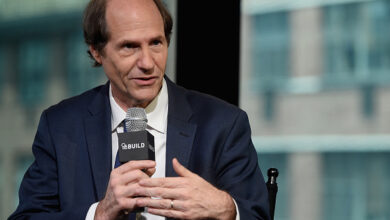Adrian Martin explores minds of filmmakers in new book
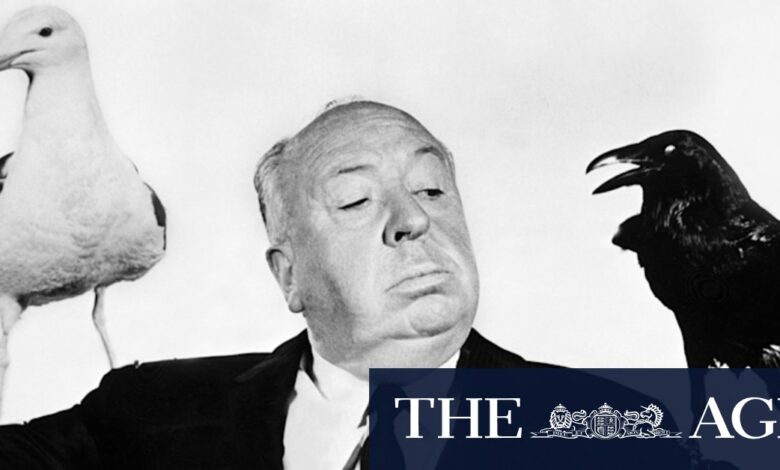
CINEMA
Filmmakers Thinking
Adrian Martin
Sticking Place Books, New York, $32.19
Melbourne-born and bred, Adrian Martin is probably best known to readers of The Age for his decade-or-so stretch as its film critic during the late 1990s/early 2000s. He might also be remembered by ABC viewers and Radio National listeners for his film reviews over the years, as well as by the hundreds of students to whom he lectured at universities around the country.
And anyone who happens across Emma-Kate Croghan’s endearing Love and Other Catastrophes (1996) might also recognise him playing a charismatic University of Melbourne professor named Adrian Martin opposite Frances O’Connor, Radha Mitchell and Alice Garner (whose character is writing a thesis about Doris Day as “a feminist warrior”).
He’s also the recipient of several major awards for his writing (including the Australian Film Institute’s Byron Kennedy Award and the Australian Film Critics Association’s Ivan Hutchinson Award), and his massive CV includes audio commentaries on more than 100 DVDs, a dozen or so books and monographs, a series of video essays about films and filmmaking made with his partner, Cristina Álvarez López (to whom his new book is dedicated), and a vast and regularly updated website of his work (adrianmartinfilmcritic.com).
Not just a bloody good film critic, insightful and articulate, even if, at times, infuriatingly idiosyncratic, Martin is also a brilliant and prolific scholar – tireless, constantly curious, forever inclining towards the role of agent provocateur, restlessly moving on to the next intellectual adventure. Now resident in northern Spain, he’s become one of the most respected teachers and writers on film in the world.
In Filmmakers Thinking, his central concern is with the often-complex ways in which meaning is created in films. But, instead of drawing on the work of the many scholars who have furrowed their brows over “the language of cinema” – from Siegfried Kracauer and André Bazin to Christian Metz and Laura Mulvey – he’s turned to actual practitioners for their understandings.
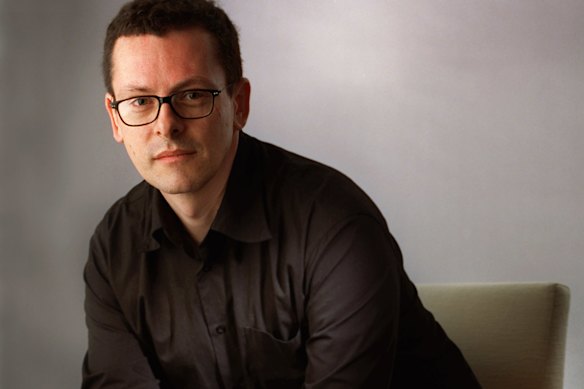
Adrian Martin in 2001, when he was a film critic at The Age.Credit: Marina Oliphant
Over the years, many of them have turned up their noses at film theorists’ ponderings about the art and craft of cinema. I recall asking one of Australia’s most eminent writer-directors what he thought about Bazin’s notion that the only really honest filmmaking is shooting in wide-shot and allowing the viewer to choose where to look. “Well, he can go and get f—ed” shot back the reply. And Fred was only half-joking.
However, in his book, drawing on essays by filmmakers about what (they think) they’re doing and about the nature of the medium in which they’re doing it, public and private interviews and conversations with them, and details in the films they’ve made, Martin offers an insightful survey of the “threefold dialogue” involved in any filmmaker’s creative work.
Source link

